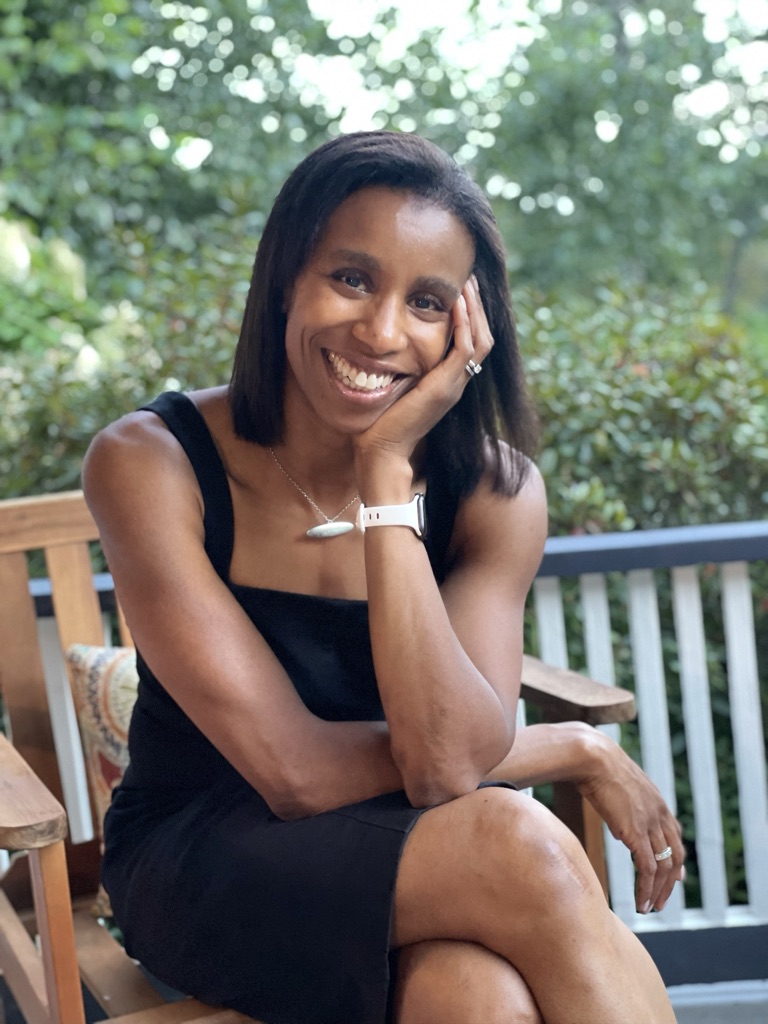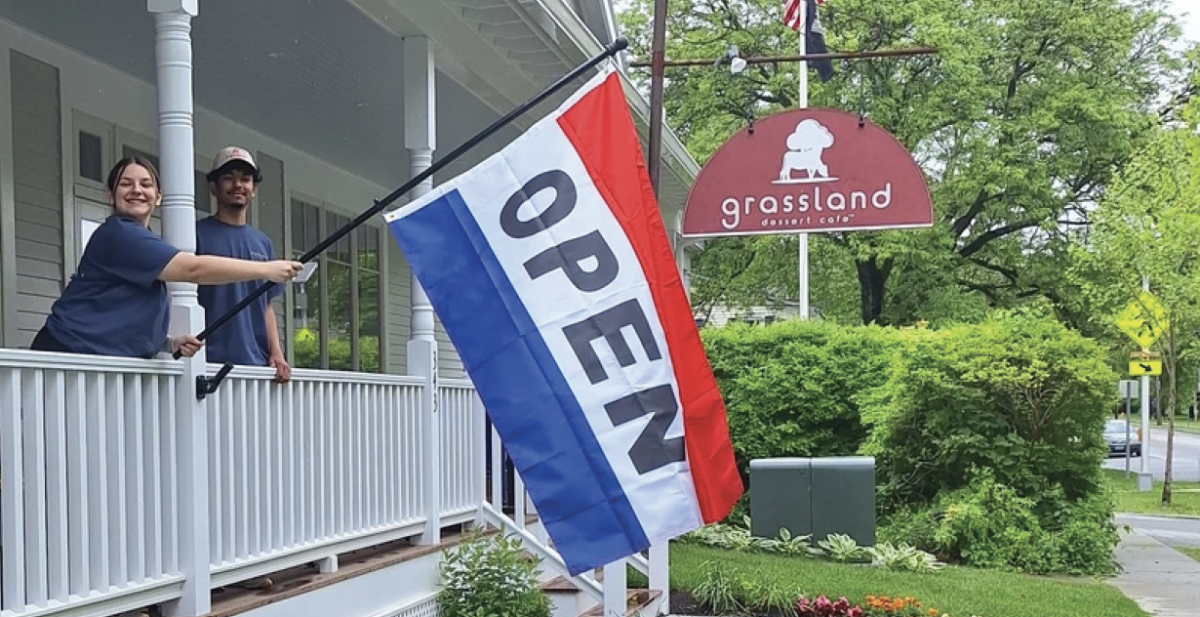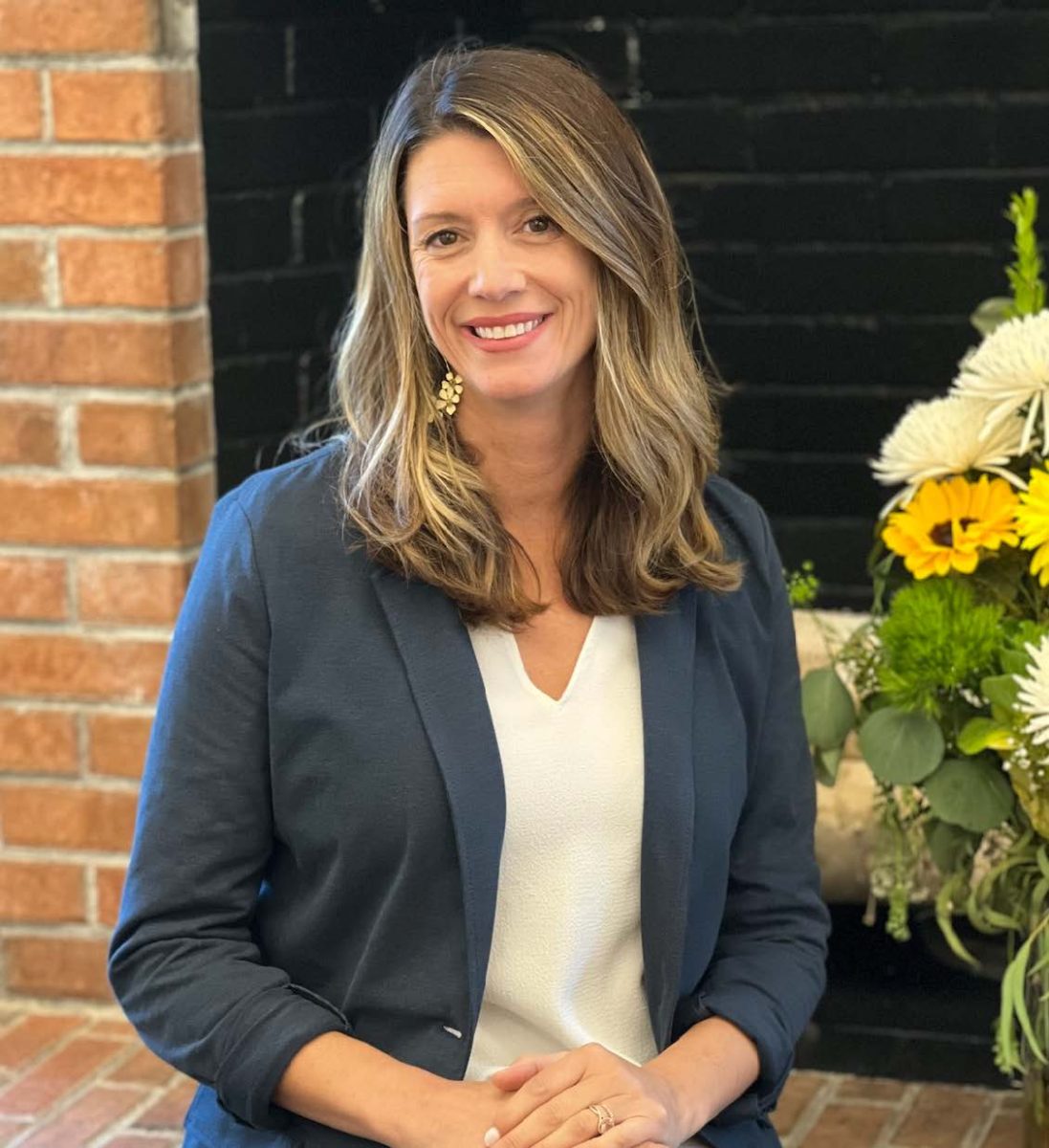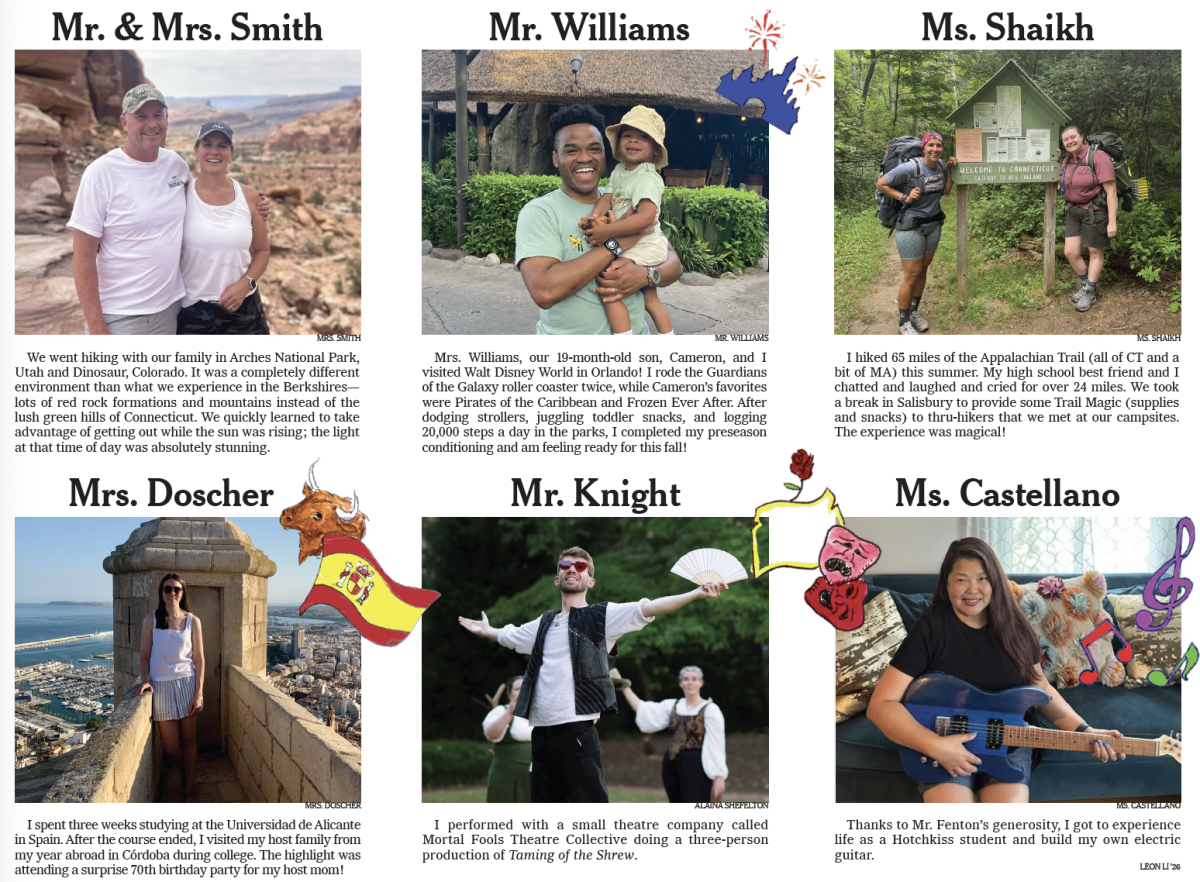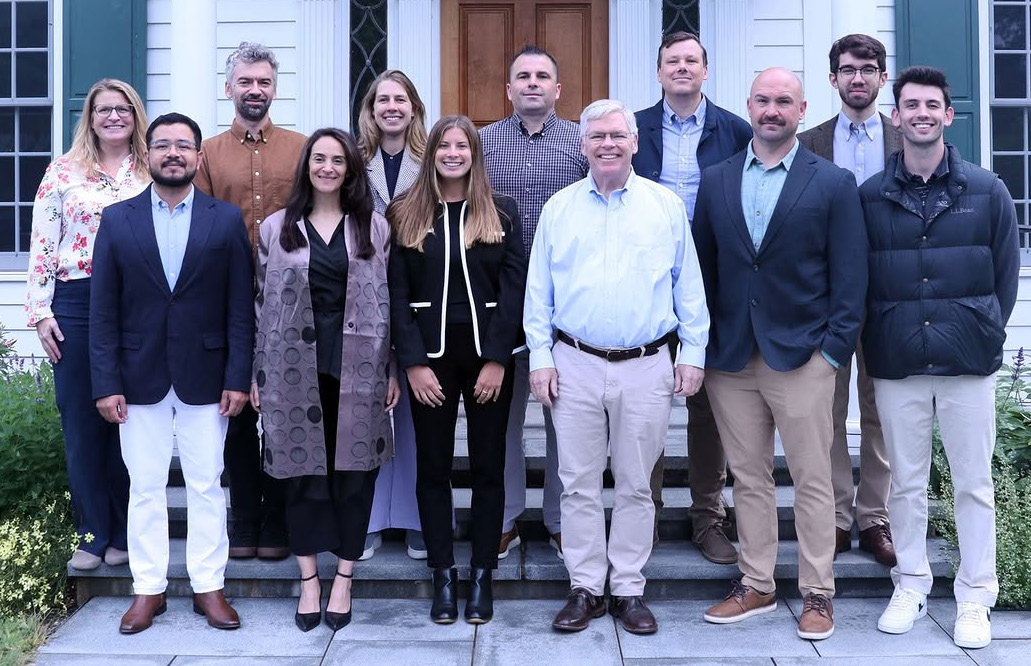For the last 18 years, new Associate Head of School Dr. Douglas has worked at Mount Holyoke College in the Psychology and Education Departments and in administration. Dr. Douglas is passionate about providing transformative learning experiences for students. Bringing her experiences from higher education and in clinical psychology, Dr. Douglas is committed to the betterment of the school student body and the values of the community.
What has been a highlight of your first few weeks at the school?
I’m really enjoying getting settled and spending time with students. I am on duty in Buehler on Monday nights, and that is really fun, as I get to talk to students when they start study hall and get settled in for homework.
What are some of your hobbies and activities?
I love to spend time with friends and family. I love to read. I like to run and spend time with my dog on long walks.
What facts played a role in your decision to join the community?
Part of the move from higher education to secondary education was really wanting to work with younger students and have a substantial impact earlier in their developmental period.
As I started to converse with folks about Hotchkiss, I was drawn to the community. Every conversation built on the previous one, and I was really excited about what I was learning.
I wanted to be a part of the community and what was going on here. I think it was the accumulation of all of those things together.

What are the aspects of your work as the Associate Head of School?
I work closely with the Dean of Student life and Dean of Faculty to deal with academic life, and with the Dean of Students to oversee the residential experience, with Mr. Dempsey Quinn, athletic director, to monitor the athletics and co-curricular programs.
I also work with the Health Center and counselors to think about all the things that go into what it is like to be on campus.
Mr. Bradley is engaged in a lot of the decision-making, but the day-to-day operations of the school is my domain.
What have been some of your first impressions of the school?
One of my first impressions has been how committed people are, both students and faculty, to the student experience.
Whatever people are doing, they are thinking about how it is going to impact students and how it is going to serve them better. I think that uniformity and central belief is really inspiring.
What are you excited about this year?
I am excited about so many things. I am excited about learning more about my job, the students, and what excites the campus community.
At the end of the year, I would like to say that I may not have 20 years of experience here, but I will certainly know what this place is about in greater detail.
What are some of your goals for the year?
I work with Mr. Bradley and colleagues to come up with goals for the school community. I am working with Mr. Quinn to develop a framework for the core competencies we want students to learnin the co-curricular and athletic programs that they are participating in.
Improving the residential curriculum is also a goal of mine. Residences are places to foster well-being and resilience, and so we have to think about how we can enhance what happens in those spaces. Additionally, I look forward to working with the Dean of Faculty and the Dean of Academic Life, reworking how we think about the curriculum and understand classroom experiences.
Overall, the aim is to make sure that we learn from peer institutions and practice and achieve what we believe in for transformative education as a school.
How has your approach to wellness been influenced by your educational and professional background in psychology?
I think a lot about psychological well-being and a lot about development just because of the way that I was trained and the graduate work that I did in clinical psychology. I performed research as a faculty member on trauma, resilience, and individual differences.
Those are the types of issues I really like to understand and questians I like answer, to understand how different individuals might encounter different spaces, what they get out of the spaces, and what resources they need to be successful.

